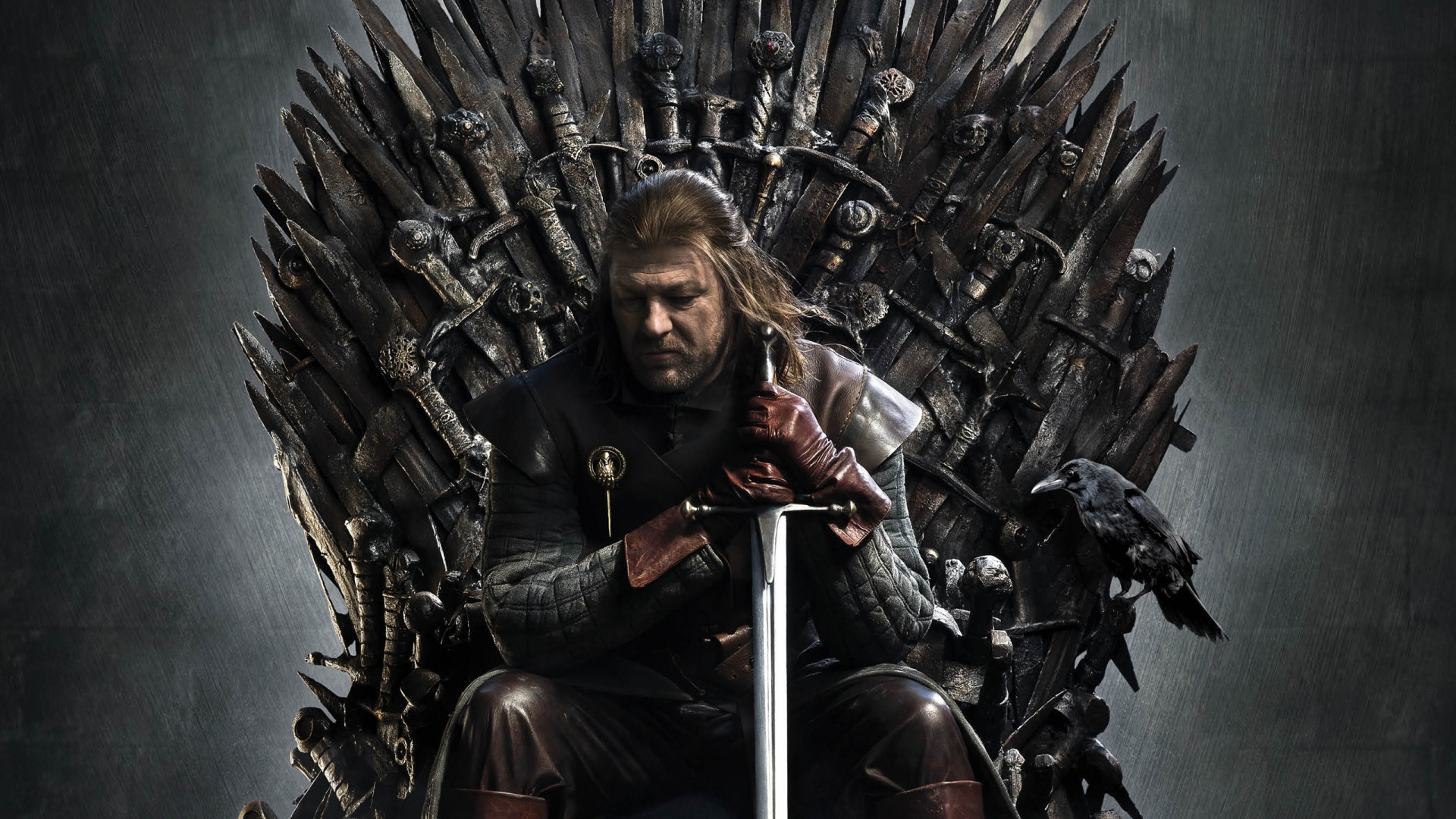Recently, we passed the five-year anniversary of Game of Thrones finale. There has been a lot of discussion over how it’s fallen out of the pop-culture zeitgeist due to an uneven final season and a universally disliked ending. While this is a popular topic of discussion, I’d like to take things in a different direction.
I didn’t watch GoT. I mean, I watched the first season, but I just got distracted with an intention on looping back around. But what impressed me about GoT was how beloved it was across age groups and genders. I was working in a hospital at the time, and every Monday morning, people were walking around talking about GoT. Sixty-year-old nurses were bonding with twenty-year-old transporters over the latest in the fantasy saga. I just sat back and listened and felt like I was in The Twilight Zone. I mean, it made sense for someone like me to enjoy GoT. It had dragons and beheadings, but for the sweet little radiology nurse? The quiet transporter? The doctors? The fantasy epic had definitely captured people’s attention.
The other show that shocked me with this sort of crossover appeal was The Walking Dead. I’ll never forget finding out that my mom and stepdad were watching it. Then later finding my dad and stepmom (two people who HATE horror) were watching as well. I joked that it was the only thing that both sides of my family could agree on, but it was strange. I mean, this was a show about zombies and my parents liked this? Heck, my father told my first girlfriend he thought I was going to be a serial killer because I watched horror movies.
The part of GoT’s legacy that I don’t think gets mentioned nearly enough is, it was (and probably will be) the last watercooler TV show. Most people watched it as it aired live at a specific time and that made it a communal event. Because people were watching the show together, there was this sort of camaraderie that was created, and it also allowed for conversations to easily take place the following day.
I love streaming, but it can be a hassle to talk about shows. Some folks binge watch everything, others get up at 4 AM to watch it once it’s added. There is no consistency in watch times, so conversations are often delayed and disjointed as you try to get on the same page with someone. I cannot tell you how often I want to discuss a great show, but because I didn’t cram it the first weekend, everyone has moved on. No one wants to chat about it because they are cramming whatever else is new.
Also, with the choices streaming gives, I think it cuts back on a large number of people watching a specific show to create cross-over appeal. For example, had GoT and The Walking Dead been streaming shows, neither of my parents would have watched them. They never would have gotten past the synopsis nor the cover art, if they even had the specific streaming service they were on. But by flipping by the show and hearing good word of mouth, they were able to fall into these worlds and enjoy these types of stories. I’m sure that is the same way most folks did who don’t have their finger of the pop-culture pulse.
So, while folks mourn GoT and discuss how its storytelling was revolutionary, when I think of GoT I think of how it was the final TV that really connected us all. A final hoorah for regular TV as everything switched to streaming and well… now sort of back to cable, but on demand.

Be First to Comment